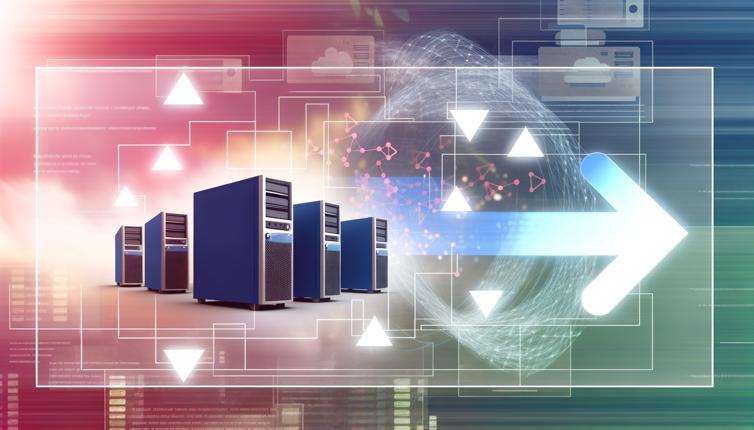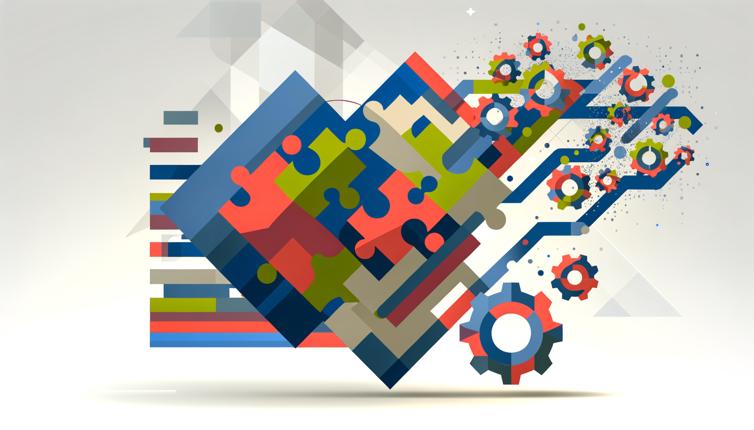Hardware Investment
Hardware refers to the physical equipment and devices used in a business, such as computers, servers, routers, and other tangible assets. Investing in hardware can have several advantages:,- Reliability: Hardware is typically more reliable and less prone to cybersecurity threats compared to software. It provides a stable and secure foundation for your business operations.,- Performance: Upgrading hardware can significantly improve the performance and speed of your systems, resulting in increased productivity and efficiency.,- Control: With hardware, you have full control over your systems and data. You can customize and optimize your infrastructure according to your specific business needs.,However, there are also some drawbacks to consider when investing in hardware:,- Cost: Hardware investments can be expensive, especially if you need to purchase high-end equipment or upgrade existing infrastructure. It requires upfront capital expenditure and ongoing maintenance costs.,- Flexibility: Hardware upgrades and changes can be time-consuming and may disrupt business operations. It may not be as agile and flexible as software solutions in adapting to changing business requirements.,- Obsolescence: Hardware technology evolves rapidly, and your investments can become outdated in a short period. Regular upgrades and replacements may be necessary to keep up with the latest advancements.,Overall, hardware investments are essential for businesses that require high performance, security, and full control over their systems and data.
Software Investment
Software, on the other hand, refers to the programs, applications, and digital tools used to perform specific tasks or functions in a business. Investing in software can offer several benefits:,- Cost-Effectiveness: Software solutions often come in subscription or licensing models, allowing businesses to access advanced functionalities at a fraction of the cost of hardware investments.,- Scalability: Software can be easily scaled up or down to accommodate business growth or changing needs. It provides flexibility and agility in adapting to evolving market conditions.,- Automation: Many software solutions automate repetitive tasks and streamline business processes, leading to improved efficiency and reduced human error.,However, there are also some considerations when investing in software:,- Dependency: Relying heavily on software means that any technical issues or system failures can disrupt business operations. It's crucial to have backup and contingency plans in place.,- Cybersecurity: Software, especially cloud-based solutions, can be vulnerable to cybersecurity threats. It's essential to invest in robust security measures and regularly update software to mitigate risks.,- Compatibility: Integrating different software solutions and ensuring compatibility can be challenging, especially if they come from different vendors. It's important to consider the overall IT infrastructure and compatibility requirements.,In conclusion, both hardware and software investments are vital for the success of a business. The decision between the two depends on your specific business needs, budget, and long-term goals. It's also worth considering a hybrid approach where you invest in a combination of hardware and software to maximize the benefits of both. Ultimately, conducting a thorough analysis of your business requirements and consulting with IT professionals can help you make an informed investment decision.,Remember, the success of your business depends not only on the investments you make but also on how you leverage and utilize those investments to drive growth and innovation.
Conclusion
In conclusion, the choice between hardware and software investments depends on the unique needs and goals of your business. Both have their advantages and disadvantages, and a well-balanced approach that considers the specific requirements of your organization is often the best strategy. By carefully evaluating your business needs, budget, and long-term goals, you can make an informed decision that maximizes the benefits of both hardware and software investments. Remember, technology is constantly evolving, so regularly reassessing your investments and staying updated with the latest advancements is crucial to stay competitive in today's fast-paced business environment.








